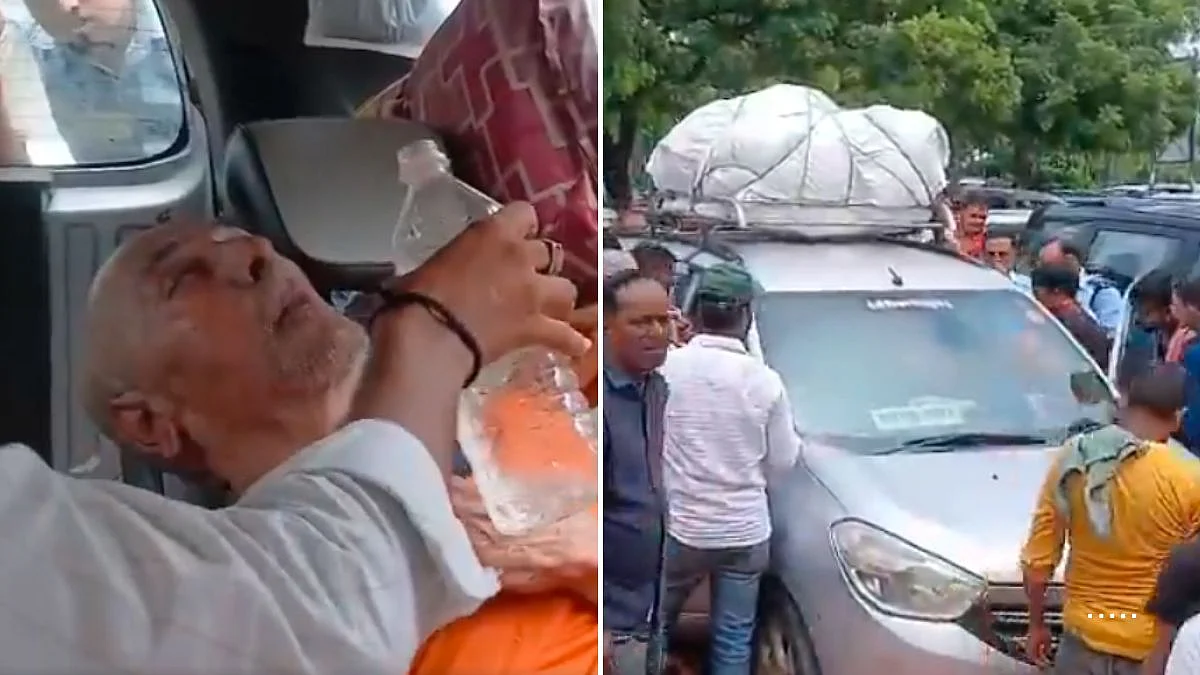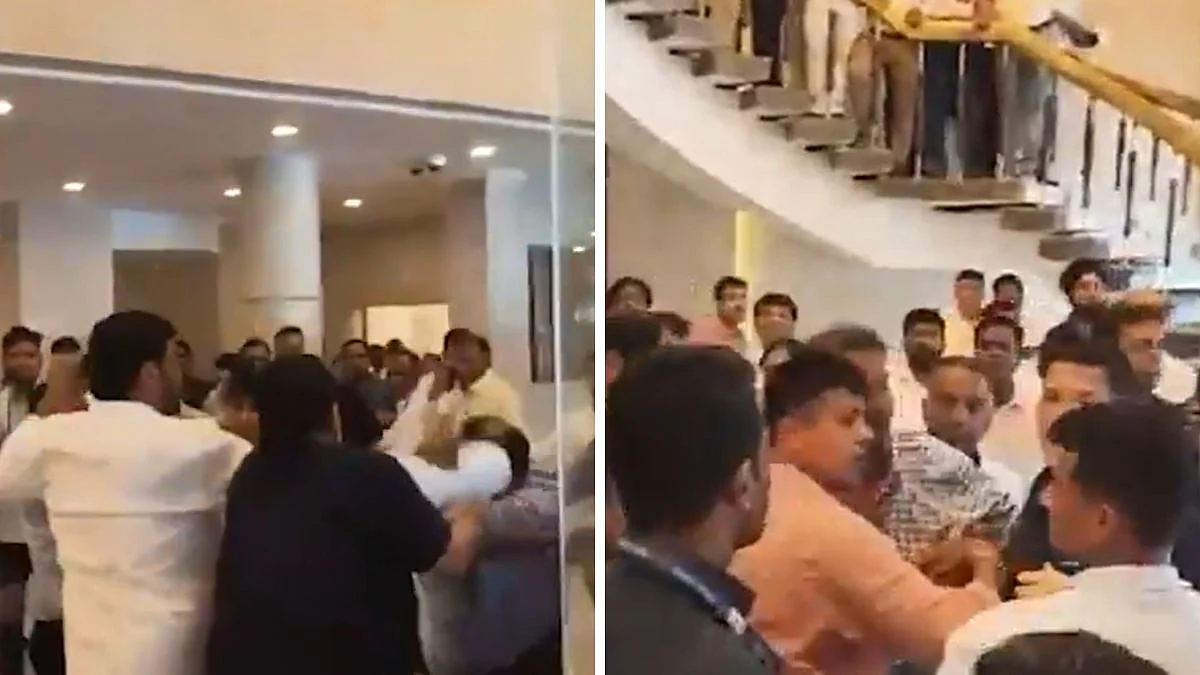The sessions court has declined to provide protection to the wife and eight members of her family who were booked for abetment to the suicide of her husband. The deceased, Mohammad Gulam Jilani, left a note claiming that he took his life due to insults from his in-laws and being denied access to his two-year-old son.
Details of the case
According to the case registered at Shahu Nagar police station, Gulam consumed poison on October 2 and passed away four days later on October 6. He was married to Asiya Rais Baig in 2018, and they lived together until July 2023, during which time they had a son. In July 2023, Baig filed a harassment complaint with Shah Nagar police, which was reportedly settled, leading to the withdrawal of the case. Subsequently, she conceived.
Arguments raised by the defense and prosecution
The defense argued that the deceased faced financial difficulties, disputes with family members, and depression. It was also claimed that he was addicted to drugs, and his first wife had filed a domestic violence case against him. The deceased's business troubles added to his mental health challenges.
The prosecution contended that on the day of the incident, the deceased was insulted by the applicants, and he named them responsible for his suicide in the note. The complaint filed by Gulam's father stated that he was driven out of Baig's house, insulted, and denied access to his son, leading him to disclose his intention to commit suicide and later consuming poison.
Court's observation
After considering the documents and arguments, the court observed that, "At this stage, in the light of the suicide note written by the deceased and close proximity of the act of consuming poison by the deceased to the earlier incident on the same day, in my opinion, prima facie Baig and her family members are involved in the offense. The offense is serious. For proper investigation, their interrogation is necessary." The court thus emphasized the need for further investigation and deemed the involvement of Baig and her family members as prima facie evidence of their connection to the case.











